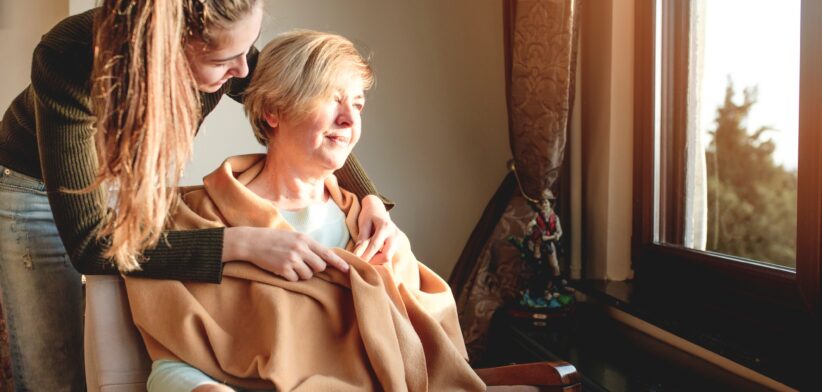A pain-sensing phone app used with dementia patients is one of the hundreds of projects funded through the Dementia Australia Research Foundation.
The Foundation has released a report on the impact of its grants to celebrate its 25th anniversary.
It helped bring to life the phone app, which uses facial recognition-enabled software to detect pain in people living with dementia, by funding the prototype.
Professor Kreshnik Hoti, one of the team at Curtin University which developed the app, said receiving the Dementia Australia Research Foundation grant a decade ago was a critical moment during a time when they were met with scepticism around the potential of AI and technology in this area.
Fast-forward to 2024 and the Foundation said the prototype had become PainChek®, a world-first clinically proven, technology-enabled pain assessment tool.
Using a smartphone camera, the AI-enabled software recognises subtle facial muscle movements indicative of pain in people living with dementia who cannot verbally communicate.
The Federal Government invested $5 million to have PainChek® implemented in aged-care facilities around Australia and it is being used in New Zealand, Canada, Singapore and the UK, with more than three million pain assessments completed to date.
“It’s really satisfying to see the effects of our innovation in real-world clinical practice,” Professor Hoti said.
“Less people are silently suffering from pain; this is lifechanging for people living with dementia and their loved ones.”
In its report, More Than a Cure: 25 Years of Impact, the Dementia Australia Research Foundation highlights some of the more than 380 research projects that have advanced through $31 million in funding.
Dementia Australia Research Foundation Chair Professor Graeme Samuel said the Foundation had spent 25 years funding revolutionary projects to expediate medical breakthrough and improve the lives of people living with dementia.
“During this time, they’ve enhanced our understanding of dementia at a cellular level and have developed models of care that are improving life for people living with dementia and their carers,” Professor Samuel said.
He said the Foundation funded researchers across all stages of their career, but maintained a particular focus on supporting Australia’s new and early-career dementia researchers.
“A recent survey of grant recipients over the past 25 years found that 75 percent were still working in dementia research and 97 percent had mentored new researchers in the field,” Professor Samuel said.








